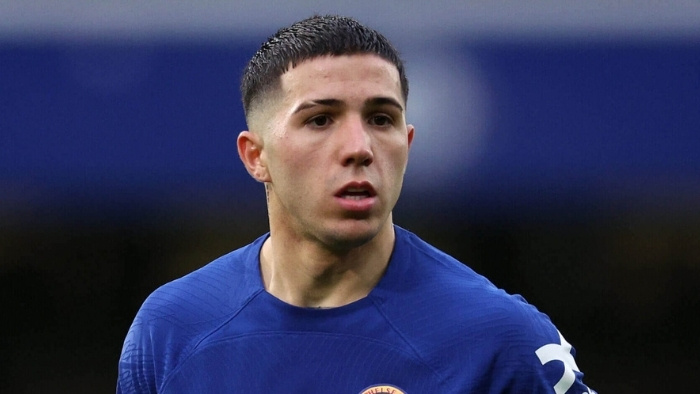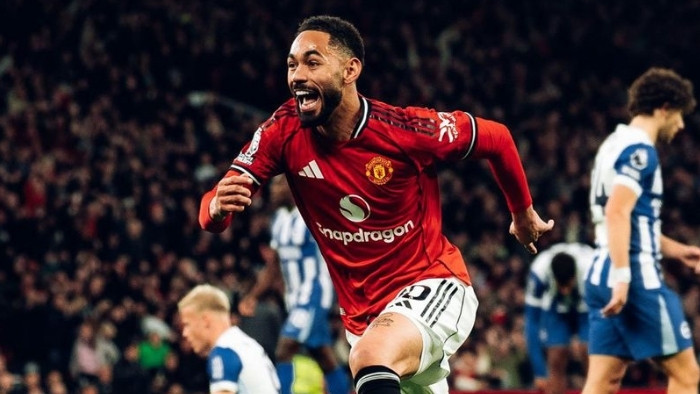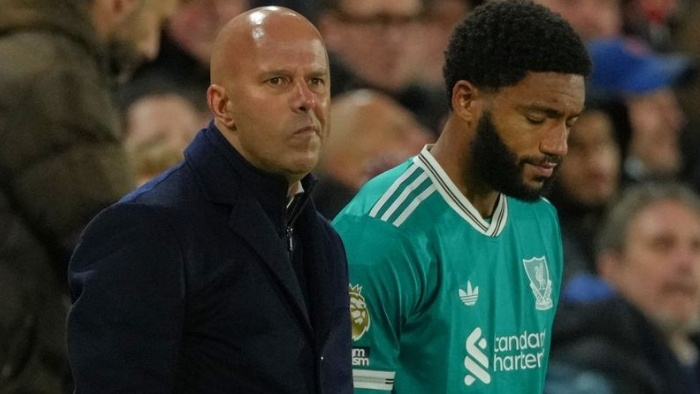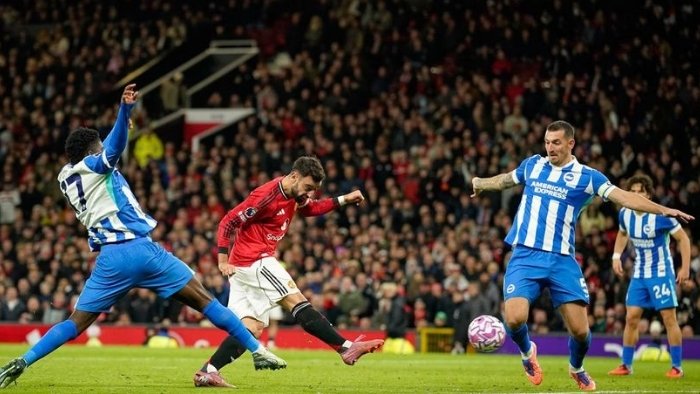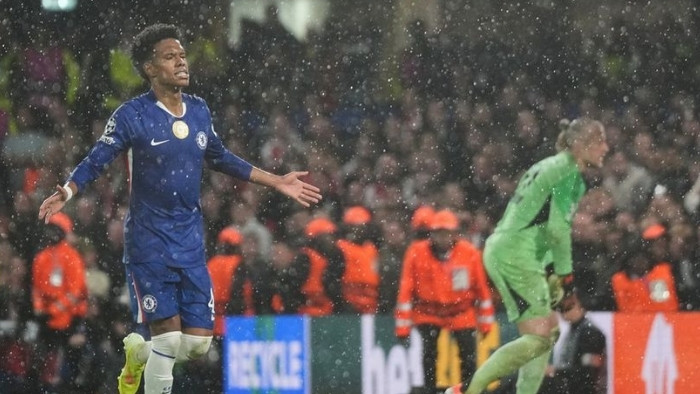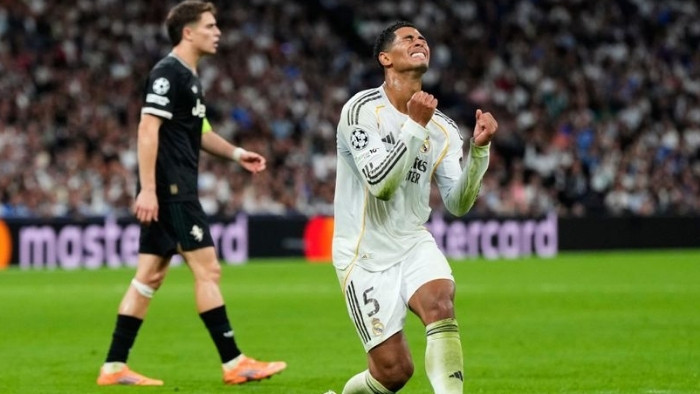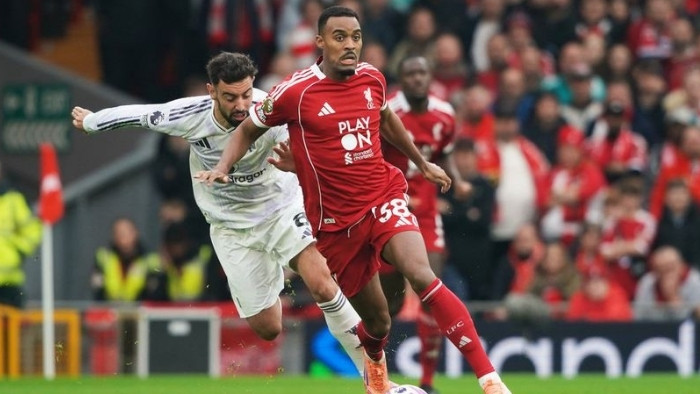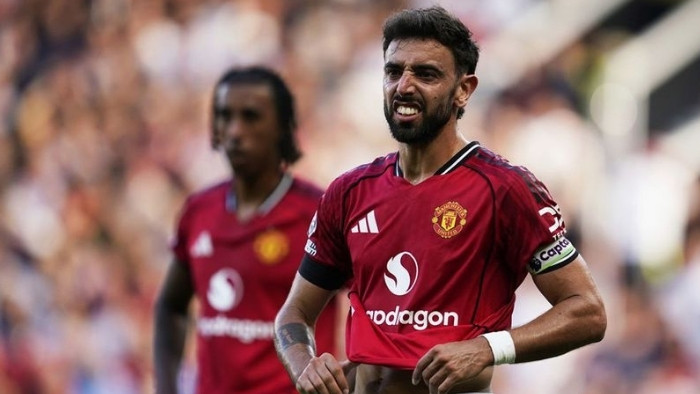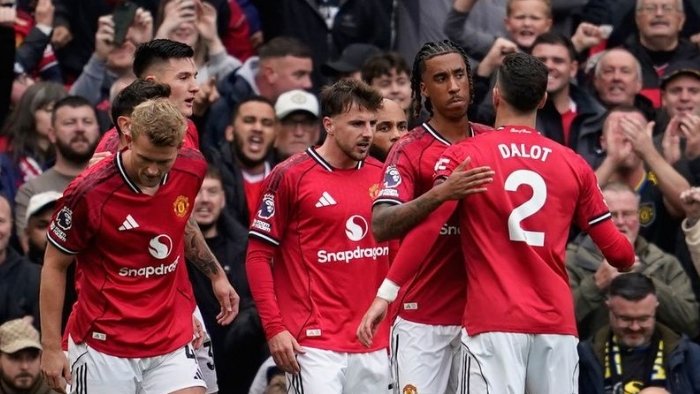Scorching Conditions Push Enzo to the Limit
Chelsea midfielder Enzo Fernandez has revealed a shocking moment from the Club World Cup semifinal. Just days before the final clash with Paris Saint-Germain, he confessed that the intense heat in the United States almost caused him to collapse.
Enzo played in blazing heat and brutal humidity during Chelsea’s semifinal win over Fluminense. During the match, he experienced dizziness and had to drop to the ground for relief.
“Honestly, the heat was insane,” Enzo told reporters on Friday. “I felt dizzy during the match a few days ago.”
He added, “I had to go to the ground. My head was spinning. Playing in those temperatures is truly dangerous.”
US Weather Sparks Global Concern
The heatwave currently sweeping parts of the United States presents serious concerns for player safety. Enzo’s experience wasn’t an isolated incident. Many athletes have reported similar discomfort throughout the tournament.
Despite being in peak condition, Enzo struggled to cope with the heat. This scenario highlights the urgent need for action before the 2026 World Cup, which will also be hosted across the US.
Furthermore, fans attending matches also endure the harsh conditions. Enzo emphasized that the match tempo suffers drastically due to the heat.
A Strong Appeal to FIFA Before 2026
As temperatures soar, Enzo is calling on FIFA to rethink scheduling for the 2026 World Cup. He suggested that games take place later in the day when it’s cooler.
“This is very dangerous—not just for us but for the spectacle itself,” he stressed. “The game pace drops. Everyone notices.”
He continued, “People want fast, exciting football. But the heat turns matches slow and painful. Fans at the stadium feel it too.”
Enzo hopes FIFA will implement better timing in 2026. For him, football must remain entertaining and safe for everyone involved.
Not Just Enzo—Colwill Joins the Chorus
Enzo isn’t the only Chelsea player raising the alarm. Defender Levi Colwill also voiced his frustration with the extreme heat.
According to Colwill, Chelsea had to tweak their tactics to avoid overheating. Playing at a high tempo for 90 minutes was no longer an option.
“You can’t treat it like a basketball game,” Colwill explained. “It just won’t work in this heat.”
He added, “We had to control possession more. We picked our moments to press and create chances carefully.”
Their approach clearly worked against Fluminense. However, it raised serious concerns for future tournaments, especially those held in warm climates.
A Heatwave Overshadows the Grand Final
Chelsea now prepare to face Paris Saint-Germain in what should be a dream final. Yet the conversation has shifted from tactics and lineups to weather safety and survival.
The heat has stolen headlines ahead of what could be an unforgettable match. Players, coaches, and fans all worry that extreme temperatures could spoil the spectacle.
Both teams aim to deliver their best football. However, the rising heat levels add a layer of uncertainty and danger that no one can ignore.
Is FIFA Doing Enough to Protect Players?
While FIFA has strict heat protocols, recent events suggest they may not be enough. Players like Enzo Fernandez are elite professionals, yet even they suffer on the pitch.
FIFA must act now—before tragedy strikes. Changing match schedules for future tournaments seems like a logical first step.
Allowing evening kickoffs or playing in cooler cities could reduce risks significantly. Fans will still enjoy the games, and players can perform without jeopardizing their health.
Moreover, changing times would also help global audiences tune in more comfortably, benefiting FIFA’s broadcasting goals.
Athletes Speak, the World Listens
When top players speak out, the football world listens. Enzo Fernandez and Levi Colwill are not alone in their views. Others across the tournament have expressed similar feelings, both on and off the record.
These athletes are not complaining. They are advocating for their health and the future of football.
It’s now up to FIFA to respond swiftly. If they delay or ignore these warnings, future World Cup editions may become survival tests rather than celebrations of sport.
Final Whistle: Change Must Happen
The 2025 Club World Cup has delivered memorable moments. But it has also exposed a critical weakness in planning—climate awareness.
Enzo Fernandez’s story should be a wake-up call. He nearly collapsed while representing one of the biggest clubs in the world. That should never happen on the global stage.
FIFA must take the lead. Change schedules. Protect players. Preserve football’s beauty, even under a blazing sun.
Read too: 💣Jadon Sancho Final Demand: No Exit Without Severance Pay!
